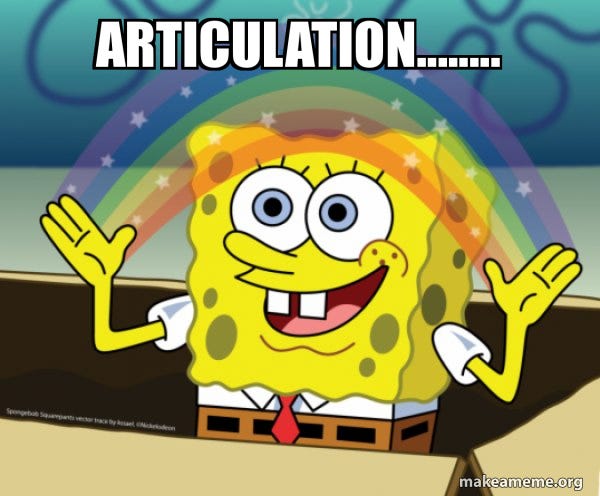There are moments that stay with me, their significance growing in hindsight. Many years ago, when I was a young professional navigating the labyrinth of being an in-house counsel, I found myself seated outside the office of a certain CEO who has been in the news a fair bit, recently. The legal department had run out of space, and as a new joinee, I was temporarily assigned a desk with a different team. On long evenings, when the glow of laptop screens flickered like the headlights of restless cars in the Electronic City traffic outside, he would sometimes walk past us, pausing to exchange pleasantries with those who remained. His words were measured, deliberate, and an invitation to a two-way conversation. More than once, he would emphasise the importance of being able to articulate one’s thoughts and explain how it was not just a skill, but the most important skill we young professionals could develop.
I have thought of that often. How language is not just about words, but about soft power. The power to persuade, to move, to stir, to breathe ideas into life, to make the world bend in the direction of your conviction even if only so slightly. This power has never belonged merely to those who think deeply. It belongs to those who can shape thoughts into words, into books, into songs and movies, and express. Tolkien wrote that dreams are more powerful than reality, but if he had never written them down, his elaborate stories too would have faded like forsaken ghosts. Even mythological tales have lived on in dramatic retellings that catch the people´s fancy and imagination. The power of ideas, in the end, is only as strong as the thinker´s ability to express it. It is like the proverbial tree falling in the forest - if no one is there to hear it, does it really fall? An idea, like that tree, needs an audience to give it life. It needs articulation to transform from mere thoughts to something that can resonate, inspire, or at least convey the thought in a manner that is understood by others.
In the Tamil film Iruvar, Mohanlal’s character, Anandan, evolves from an actor who delivers lines written for him to a leader who must find his own voice. At first, he stumbles. His words are once elegant and originally written by the writer Thamizhselvan, but when they separate ways, he has to find his own words and hone his unpolished style. Over time, something shifts. His words, raw and unembellished, begin to command their own gravity. The film does not tell us that Thamizhselvan´s elegant style of articulation is superior to Anandan´s raw delivery. On the contrary, it shows us that words, whether poetic or direct, carry power when they effectively convey the intent of the speaker. And yet, how often we allow ourselves to remain silent.
I have been in meetings where some sharp ideas have stayed trapped inside my head, held hostage by my hesitation. Sometimes the hesitation to speak up, and at other times a hesitation as to whether I can convey what is in my mind convincingly. Like many others, I have witnessed voices rise, not because they carried pure wisdom, but because they also carried confidence. We have all seen at least some brilliance go unnoticed because it lacked the right words, the right tone, or the right manner of articulation. In this context, I greatly enjoyed watching The King’s Speech. King George VI journeys from being a hesitant speaker in a world where leadership is synonymous with eloquence, to embracing the weight of a nation’s oratory expectations. His journey is less against a speech impediment, and more against the fear that his thoughts will always remain trapped within him. The courage he builds is that to be heard despite imperfection, and his journey is that of a man claiming his voice, proving that sometimes, to speak at all is to triumph.
I now understand that a certain degree of confidence comes with experience, but clarity it seems has to be earned with deliberate intent and effort. Choosing the right tools of articulation appears to be a discipline that requires rigour and dedication. I am still unlearning my hesitance of speaking, of writing, of having my ideas being seen and heard. It is likely that this will be a lifelong journey, one of some uncertainty, of rewrites, of imperfect sentences and swallowed words caught in my throat. However, I am beginning to believe that to find one’s voice is one of the most important things we can do. For in the end, we have only two choices, to live within the narratives and stories others articulate for us, or to speak our own truths and write our own words.


